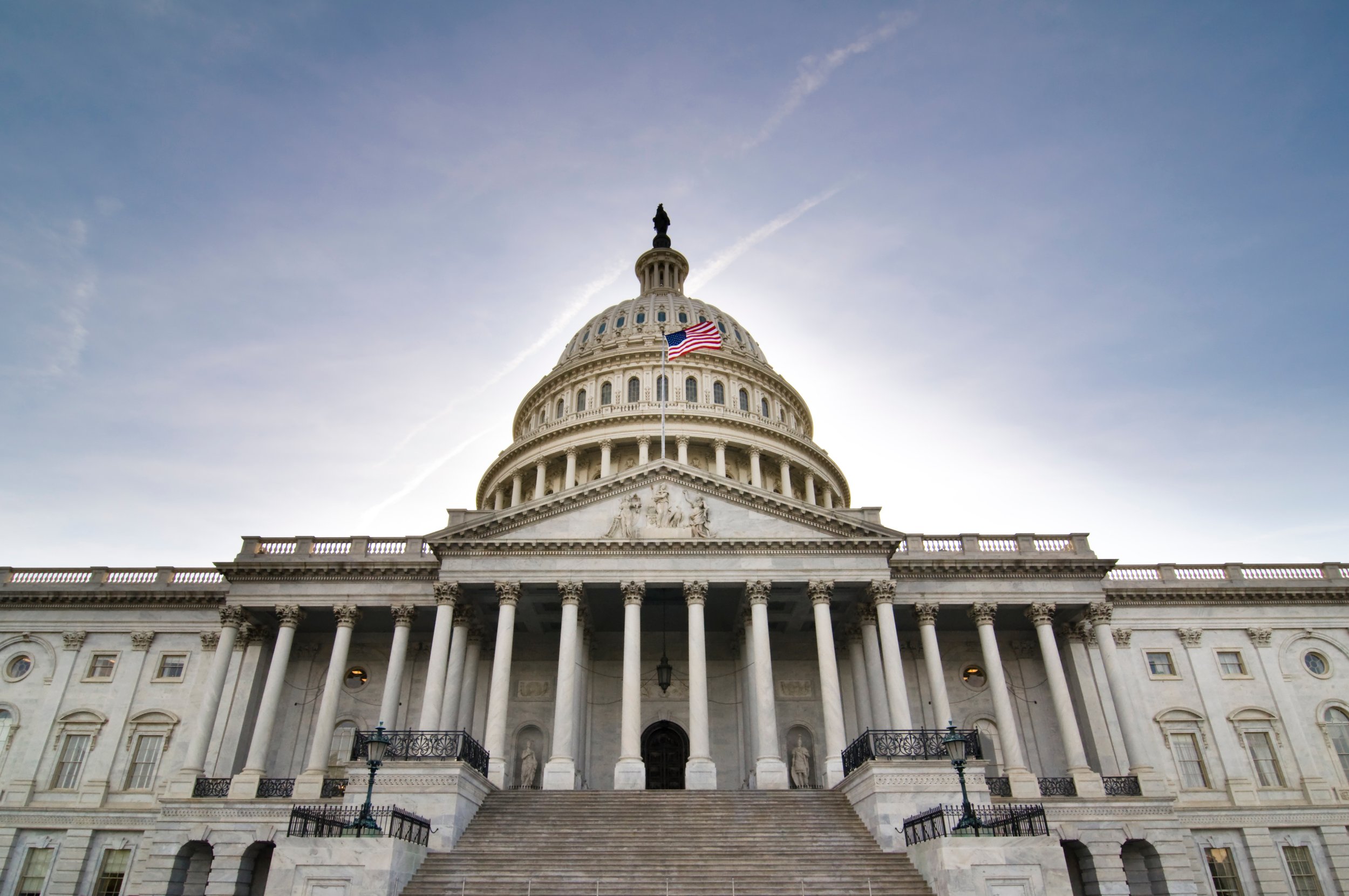Who Pays? A Double Standard in Washington’s Wallet
There is a curious phenomenon in Washington politics that reappears with clockwork precision—always when Republicans suggest tax cuts. Suddenly, we hear the familiar chorus: “But how will we pay for it?” The talking heads emerge, budget charts in hand, warning of deficits, doom, and destitution. According to them, allowing Americans to keep more of their own money somehow robs the government—and, by extension, the poor—of vital resources.
But when the Left proposes to spend billions, or even trillions, not a whisper of concern about how it will be paid for. “Investment,” they call it. Stimulus. Equity. Climate justice. Somehow these endeavors are immune from the laws of arithmetic.
Let’s be clear: A tax cut is not government spending. When a citizen keeps more of what they earned, that is not a “cost” to the federal government any more than someone refusing to donate to a charity is robbing it. The money was never the government’s to begin with—it was produced by labor, risk, and investment. By families. By business owners. By taxpayers.
Yet, according to progressive orthodoxy, all wealth is defaulted to the state, and any failure to collect it is treated as a loss. That assumption is not only economically incoherent—it is morally backward.
When conservatives propose a modest reduction in tax rates, we are asked to “find offsets”—code for raising taxes elsewhere or cutting defense, usually. But when the Biden Administration unleashes another trillion dollars for student loan forgiveness or a new green energy slush fund, no such demand exists. They say we must “act boldly.” We must “meet the moment.” Apparently, fiscal discipline only applies when it's not their agenda.
The issue isn’t just hypocrisy. It’s the dangerous presumption that only one kind of spending—private, voluntary, and locally informed—is suspect, while another kind—governmental, centralized, and politically motivated—is inherently virtuous.
In truth, history is full of examples where money spent closer to the people—by individuals, churches, and communities—does far better than distant bureaucracies ever could. And every dollar taxed away from a citizen is a dollar not used to build a business, hire a worker, or support a family.
If Washington’s standard were applied equally, the same media and political establishment that howls at every GOP tax proposal would be equally outraged by every unfunded expansion of government spending. But they’re not. Because it was never really about the math—it was about the power. Who gets to decide how money is used: the people who earn it, or the politicians who promise it?
At Gideon Law Group, we believe in defending the principles that protect liberty, reward hard work, and limit government overreach. We know that when people are free to keep more of what they earn, they don’t hoard it—they reinvest it. In their children, in their churches, and in their communities.
The next time someone asks, “But how will we pay for these tax cuts?”—you might ask a better question: How have we allowed so many in Washington to forget whose money it is in the first place?

